Nomad Blog
Back to all posts
New Law: Denver To Require License for Landlords
Published on: May 5, 2021
On May 3, Denver passed a new bill requiring landlords to have a license to rent out their properties. Short-term rental property owners already faced a similar law in Denver, but now this new law expands to cover all landlords in the city.
"About 60% of cities across the United States have some form of a rental license or registry," says Council President Stacie Gilmore. "With this rental license, we will also be able to revoke or suspend that license if someone isn’t in compliance and encourage a quicker resolution through this license structure.”
Landlords will need to renew this license every 4 years, and there'll be an inspection as part of the approval process. The city hopes to improve and protect the living conditions of long-term renters through the bill by requiring rental properties to comply with certain standards.
“This is a basic responsibility of a city the size of Denver, that we know what our rental stock is and that it meets basic habitation rules,” says Council President Pro Tem Jamie Torres.
The city said it's only requiring $50 per application fee to ensure the costs aren't passed down to renters, but this application fee doesn't include the changes many landlords will have to make to accommodate the new standards. This could cause expensive issues, especially for historical homes with narrow hallways and unique-sized doorframes (and those costs will undoubtedly be passed down to renters).
This new law doesn’t change the fact that owning a long-term rental property is still one of the best investments you can make. It does make things a little bit more complicated in Denver, but it’s something that most of the country already faces (as well as Boulder and Westminster). And with Nomad on your side, we’ll help you every step of the way—from getting your property prepped and ready to finding the tenants to collecting the rent.
When Does the New Licensing Take Effect?
Landlords don't need to scramble to get their application in immediately—it's going to take a while for this new licensing program to roll out:
Multi-family rental property owners have until January 1, 2023, to obtain a license.
Single-family rental property owners have until January 1, 2024, to obtain a license.
The city is taking a phased approach to hopefully avoid a bottleneck of licensing applications overwhelming the department at once.
How Will This Impact Long-Term Rental Properties?
This bill introduces potentially the most extensive overhaul of the city's licensing department. For some landlords, it'll only cause a minor nuisance and a $50 fee every 4 years. For others, though, it's going to require some significant changes and costly repairs.
Landlords will be required to hire a private home inspector to perform the inspection. This inspector will come with a city-created checklist to ensure the property is up to code with Denver's minimum housing standards. Inspections will cost an average of $150, but homes built in the last 4 years can waive the inspection requirement.
Here's a quick list (not comprehensive) of what you'll need to ensure is in compliance:
Minimum space requirements
Water supply
Ventilation
Appropriate lighting
Electrical requirements
Exterior walls, roofs, and foundation standards
Stairways
Drainage of storm water
Insect, rodent, and animal control
Denver's complete list of residential housing regulations covers everything from the size of your crawl space to the amount of natural lightning in each habitable room.
Needless to say, depending on how strictly inspectors enforce these regulations, landlords could potentially need to make several costly repairs and changes to ensure they're in total compliance.
Why This Bill? Why Now?
Denver's City Council estimates that 37-50% of Denver's residential units are rentals. Unfortunately, rent in Denver has dramatically outpaced income over the last 2 decades, and this puts many at risk of being displaced.
Some renters live in a precarious situation where they're afraid to report problems because they fear they'll have no place to live—and many tenants live without any leases (which makes them increasingly vulnerable to rent spikes).
Now, with the COVID-19 pandemic, the housing crisis in Denver is worse. To regulate housing standards, take rental stock of the stock, and proactively support (and address) problems, the City Council is requiring a license.
Remember, this bill isn’t the end of the world. Yes, it’ll be a headache for Denver landlords in the short term, but it’s not going to have a major impact moving forward. Once you’ve got your properties up to code, it’ll be simple to renew your license and get the appropriate inspections every 4 years.
Visit Denver's new residential rental property application to learn more and apply online.
Plus, Nomad can help you every step of the way. Learn how our guaranteed rent program combined with our full-service property management can make renting your property in Denver easier than ever.

Reach New Heights
Get a no-obligation estimate for Guaranteed Rent, and see how Nomad can help you earn more with less stress


Unlocking economic opportunity for everyone.
Already a customer with us? Login to your portal

© 2025 Nomad Labs, Inc. All rights reserved.
Nomad Brokerage LLC
Nomad Brokerage California Inc
California DRE # 02230490
Texas Real Estate Commission Consumer Protection NoticeTexas Real Estate Commission Information about Brokerage Services



